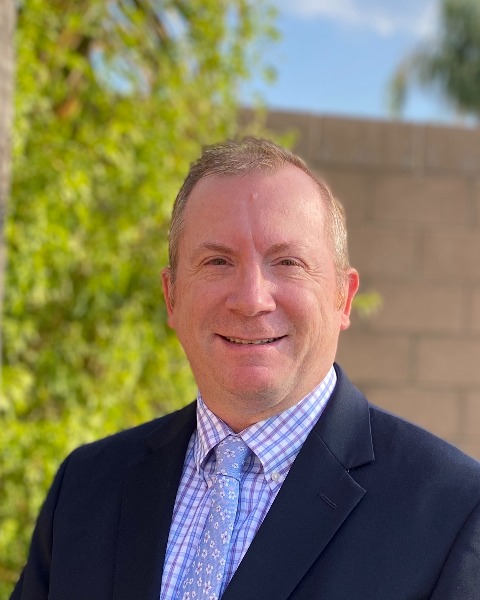Biotherapies, Cellular Therapies, and Immunotherapies
The Future of Cellular Therapy Using Mesenchymal Stromal Cells and Dendritic Cells
-

Wen Lu, MD
Transfusion Medicine Consultant, Medical Director Center for Regenerative Biotherapeutics
Mayo Clinic
Rochester, Minnesota, United StatesDisclosure(s): No financial relationships to disclose
-
.jpg)
Jacques Galipeau, MD
Associate Dean for Therapeutics Development
University of Wisconsin in Madison
Madison, Wisconsin, United StatesDisclosure(s): No financial relationships to disclose
-

Michael Gustafson, PhD
Consultant, Laboratory Medicine and Pathology
Mayo Clinic in Arizona
Phoenix, Arizona, United StatesDisclosure(s): Mill Creek Life Sciences, Inc: Licensed Technology (Ongoing)
Program Chair(s)
Speaker(s)
The idea of using cells as medicine began with bone marrow transplantation. Most recently, chimeric antigen receptor (CAR) T-cells have revolutionized therapy for hematologic malignancies. CAR T-cells are not the only type of promising cellular therapy that has been in development. Moreover, cancer is not the only disease that can be treated with cellular therapy. Advances continue to be made using various cell types to treat illness and injury. This education session will focus on the therapeutic value of mesenchymal stromal cells (MSCs) and dendritic cells (DCs), and MSC and DC therapies that have been approved by regulatory agencies around the world.
In the immune system, DCs function to present antigens to T cells to activate the adaptive immune system. DCs also regulate additional subsets of immune cells, including B-cells and natural killer (NK) cells. These abilities make DCs critical to the immune response, immune tolerance, and anti-tumor immunity. Therefore, it has been an attractive immunotherapeutic agent. The first speaker will discuss the biology of DCs and how these properties can be applied to cancer immunotherapy. The performance of DCs in clinical trials, past and current challenges that have limited wide adoption, as well as future advances in manufacturing that could optimize the efficacy of DC immunotherapy will be addressed.
The second speaker will cover MSCs which were first discovered and described as cells that support hematopoiesis in the bone marrow. Since then, MSCs have been recognized to have tissue repair and immunosuppressive properties. This portion of the session will focus on the properties of MSCs that make them an effective therapeutic agent for treating complications from cancer therapies as well as non-malignant conditions such as acute tissue injury and autoimmune diseases. Past setback and recent advances that paved the way for wider clinical application of MSCs will be discussed.
CABP CE Eligible
Learning Objectives:
- Describe the role of dendritic cells in immune response, immune tolerance, and anti-tumor immunity.
- Recognize the properties of mesenchymal stromal cells that make them a valuable cellular therapy product.
- Appraise past and current challenges that need to be overcome for broad therapeutic use of dendritic cells and mesenchymal stromal cells.
- Identify clinical applications of dendritic cell and mesenchymal stromal cell therapies that fulfill current unmet needs in medicine.
